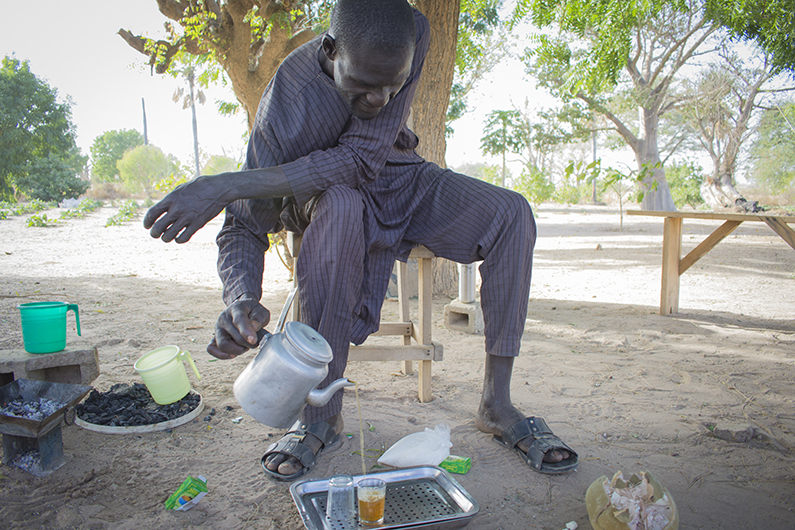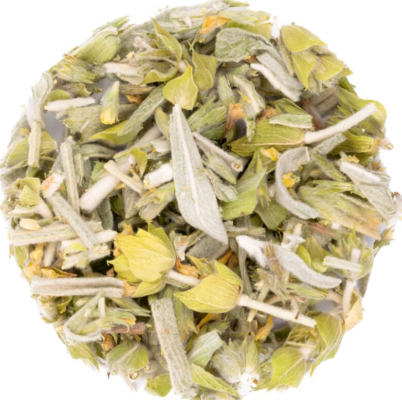When we think of tea ceremonies our mind usually wanders to very formal, regimented, rituals like the ones witnessed in Japan, in which every aspect, every movement seems to have a specific symbolic purpose. However, this certainly isn’t true for all tea ceremonies around the world. The West-African tea ceremony, known as “Ataya” is quite the opposite even, as it is informal in nature and an integral part of daily social life and hospitality.
The West-African tea market was valued at $1.6 billion in 2019, and is projected to climb to $2.6 by 2027. So it’s safe to say that tea has been, is, and is increasingly, an exceedingly popular beverage on the African continent. Within West-African countries like Gambia, Mauritania, Mali and Senegal tea is served almost anywhere you go, at any time of day, in large part as something to socialize over. The word Ataya is derived from Arabic, meaning ‘the gift from god,’ and it’s process might vary slightly between the African countries.

Ataya tea is generally made from Chinese green tea, to which mint and sugar are later added, and the ceremony, which might even be too strong a word, consists of three separate rounds of tea drinking, also known as the “three concoctions”. First, the tea leaves are left to boil in a kettle for a good while. Then the mint and sugar are added, after which the tea is poured back and forth between the glasses (kas) and the kettle until a thick foam forms on top. Part of this process is pouring the tea from increasingly higher up. The first round is said to represent the beginning of life and growing up, as the tea is at its most bitter and strong. Then more sugar is added and the pouring process begins again. The second round is seen as the sweetness of mid-live, love and family, as the full taste of the tea shines through. After a final round of sweetening and pouring, the third and final glass is served, representing old age as the tea itself is now weak, and mostly sugar. This interpretation can be extended to the concept of friendship over time as well
Because the process of brewing and consuming Ataya tea can take up to three hours at a time, conversation and relaxation are important elements in this informal ceremony. For instance, it is considered rude not to comment on the quality of the tea that you are drinking, and friendly arguments are even encouraged. At the end of the day, the tea is only one partas the ritual is more about sharing a moment and welcoming guests into your lives.



